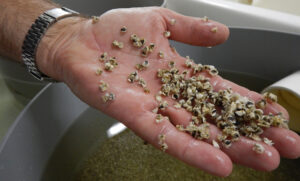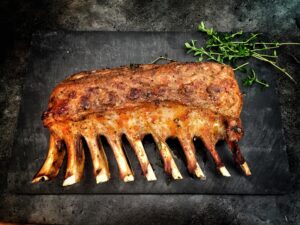If you earn $180,000 or more, you definitely have enough money to buy food, right?
Wrong, according to an ECU study that found close to 10% of people earning above $180,000 are suffering from very low food security.
The research, led by ECU PhD student Lucy Butcher, found 36% of Aussies are struggling to put quality food on the table.
It paints a picture of Australians cutting corners with food—skipping meals, reducing the size of meals and choosing cheaper, less-nutritious foods to make ends meet.
The research also challenges the stereotypes of the cashed-up tradie and deprived senior citizens.
GOING WITHOUT
ABS statistics claims 4% of Aussies suffer from food insecurity.
But Lucy says the tool used by the ABS only measures the most severe form of food deprivation—when people completely run out of things to eat and don’t have money to buy more.
This is just one part of the story.
Lucy’s research aims to capture more nuanced behaviours such as skipping meals or eating unhealthy food because you can’t afford nutritious alternatives.
“Uni students are a pretty good example of this,” she says.
Lucy says that, although uni students might have enough 2-minute noodles, it doesn’t mean that they’re food secure. They’ve got a limited type of food and it’s not nutritious food either.
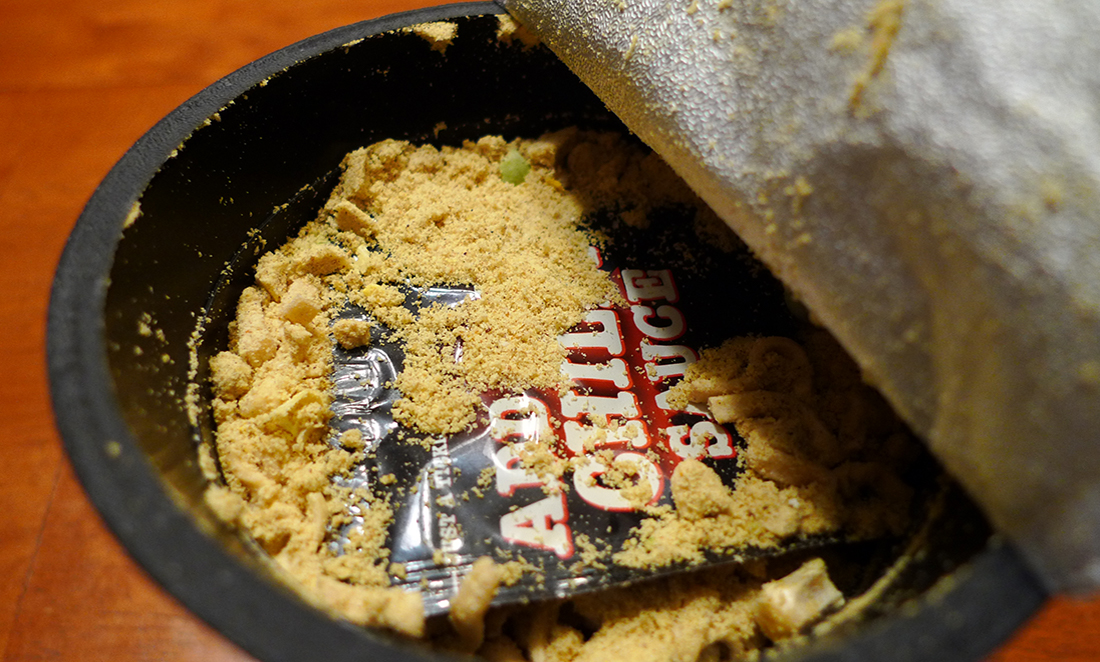
Lucy’s survey of 2334 Australians found 20% are suffering from low food security.
She says these people are generally worried about where their next meal is going to come from and tend to limit the type and quality of food they buy.
A further 16% had very low food security, which Lucy says also includes skipping meals and, at the very severe end, hunger.
RICH AND HUNGRY
Earning a lot of money doesn’t make you immune to food insecurity, with the study finding 8.6% of people earning $180,000 or more had very low food security.
Lucy says mortgage stress—particularly in Sydney and Melbourne—could be contributing to the number of high earners struggling with food insecurity.
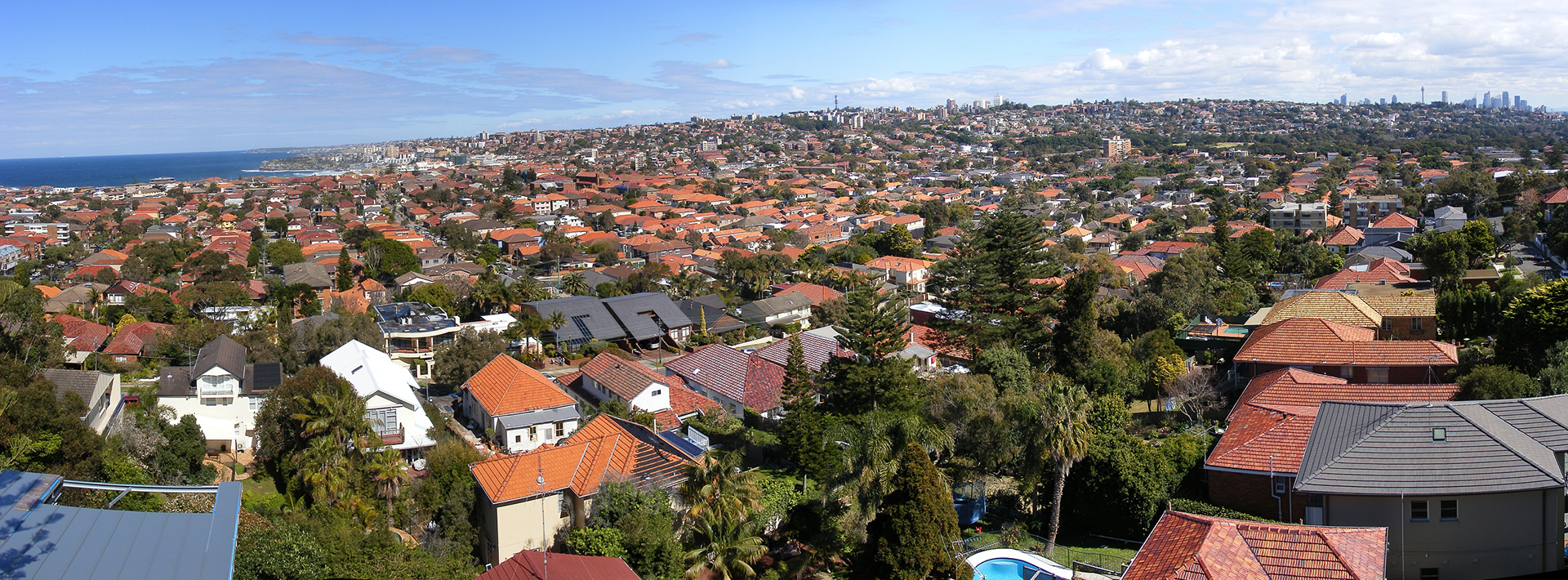
“A lot of people are spending 30 to 60% of their income on their mortgage,” she says.
“Even in the higher income areas, that doesn’t leave a lot for anything else.”
Other factors such as an illness in the family or a gambling or drug addiction can also result in food insecurity regardless of income, Lucy says.
CHALLENGING THE STEREOTYPES
The occupation struggling the most was labourers, with 25.5% experiencing very low food security, followed by technicians and tradies at 21.6%.
Divorce was also associated with low food security, with the study pointing to sharing income across two homes, the cost of child support and a lack of social support as potential contributing factors.
Surprisingly, only 8.4% of people aged 65 to 84 reported very low food security, despite senior citizens often being portrayed as going without.
But Lucy, who also works for Foodbank, says the study might not show the full picture.
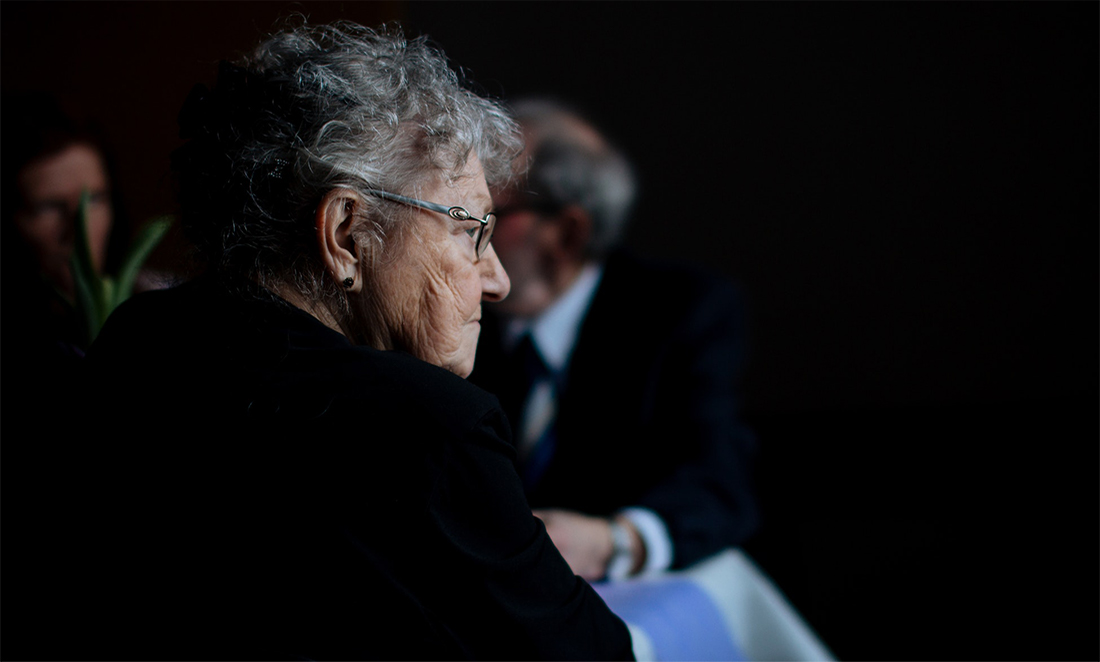
She thinks that sometimes elderly people get used to deprivation and then they don’t recognise that they are deprived of food supplies.
“Often I might talk to elderly people and they might only have one meal a day, and they might have a cup of soup and a piece of bread. I would see that as food insecurity, but for them, they’re very used to it.”
Ultimately, if people earning more than $180,000 are at risk, it seems no segment of society is immune to hunger.






